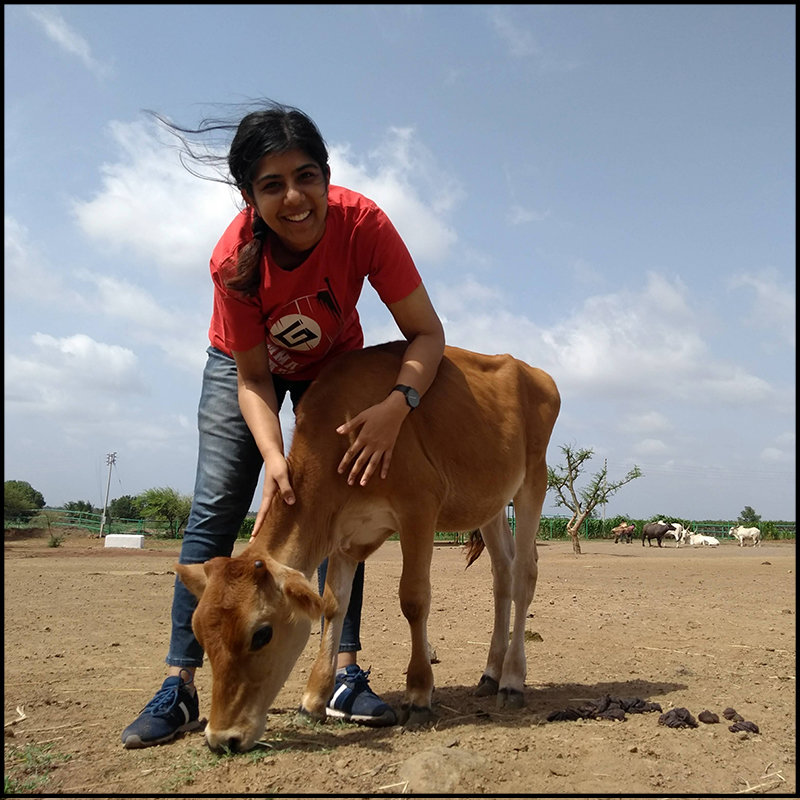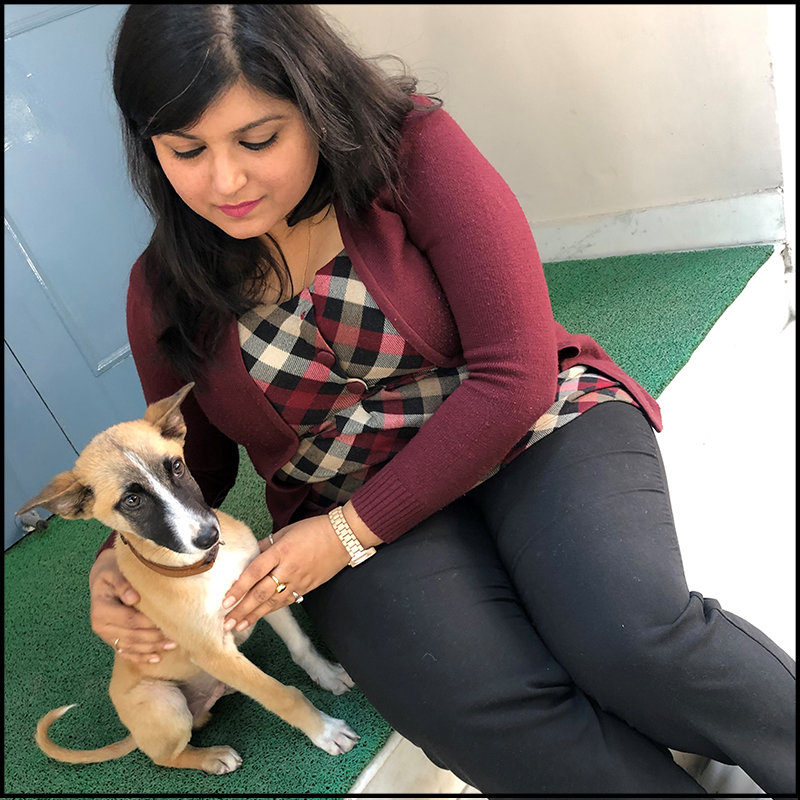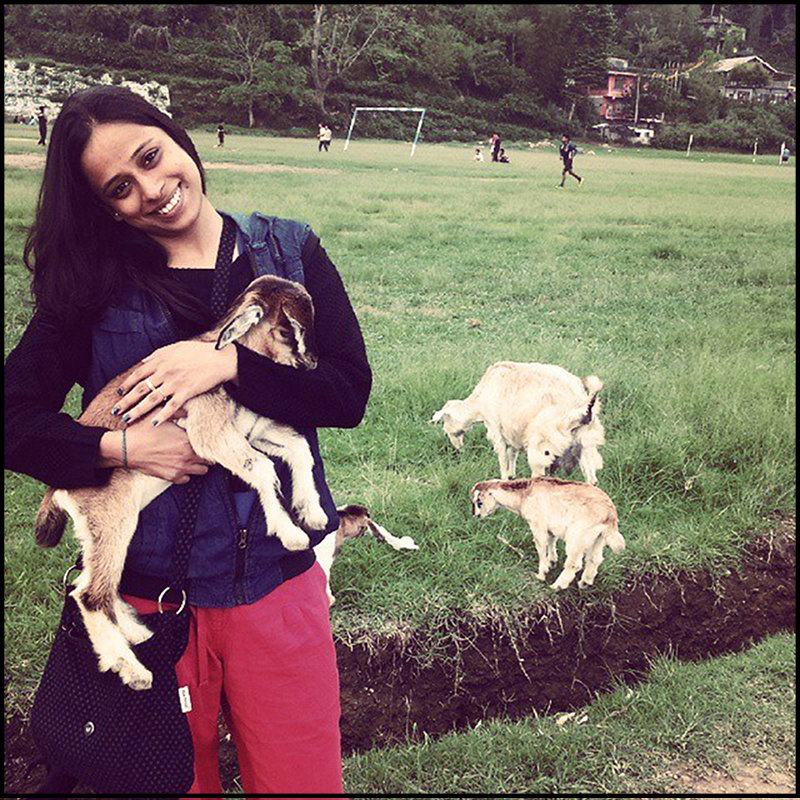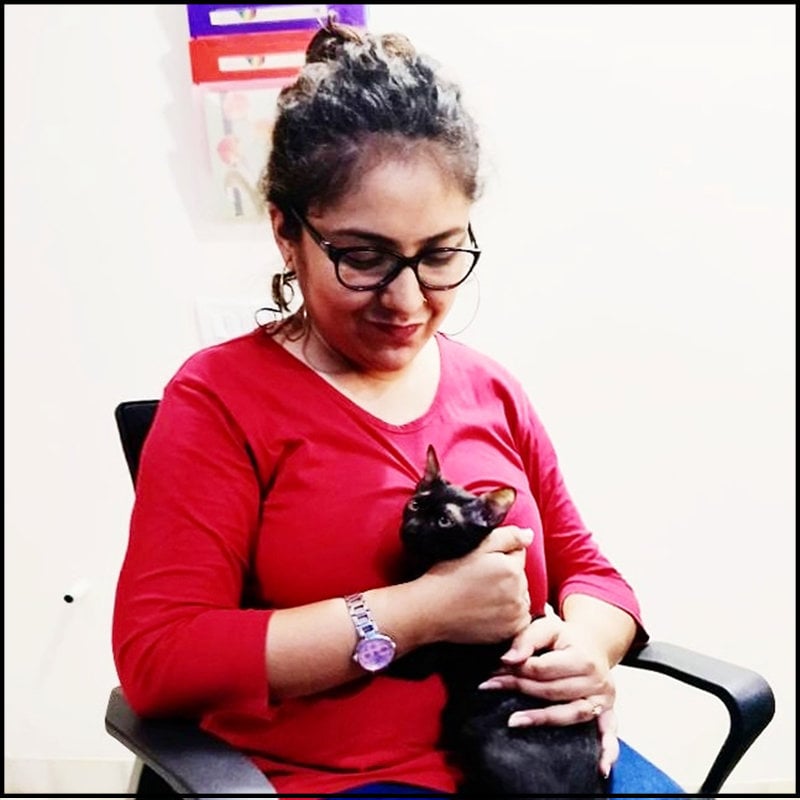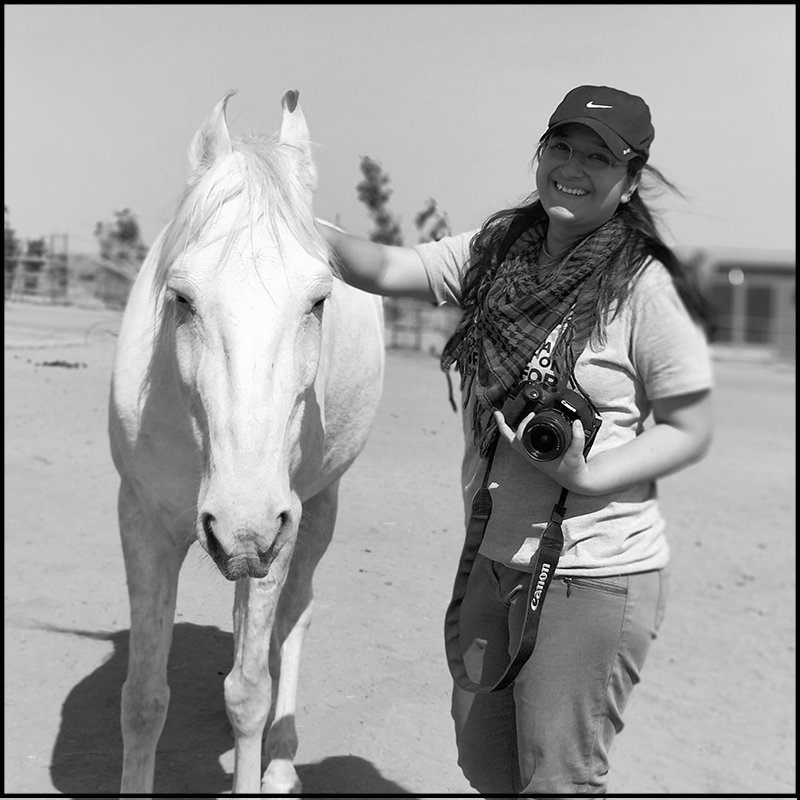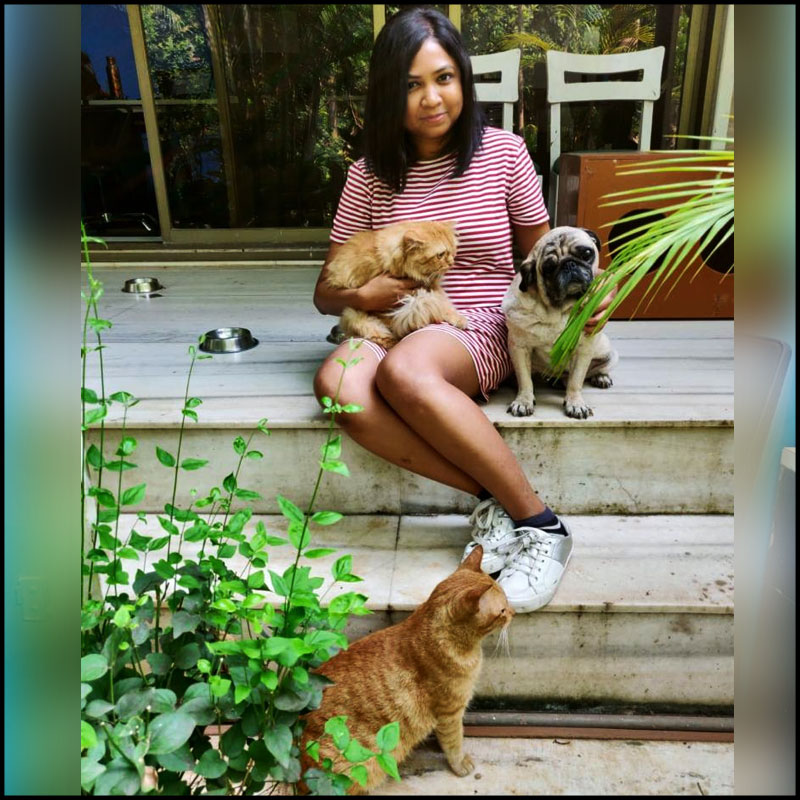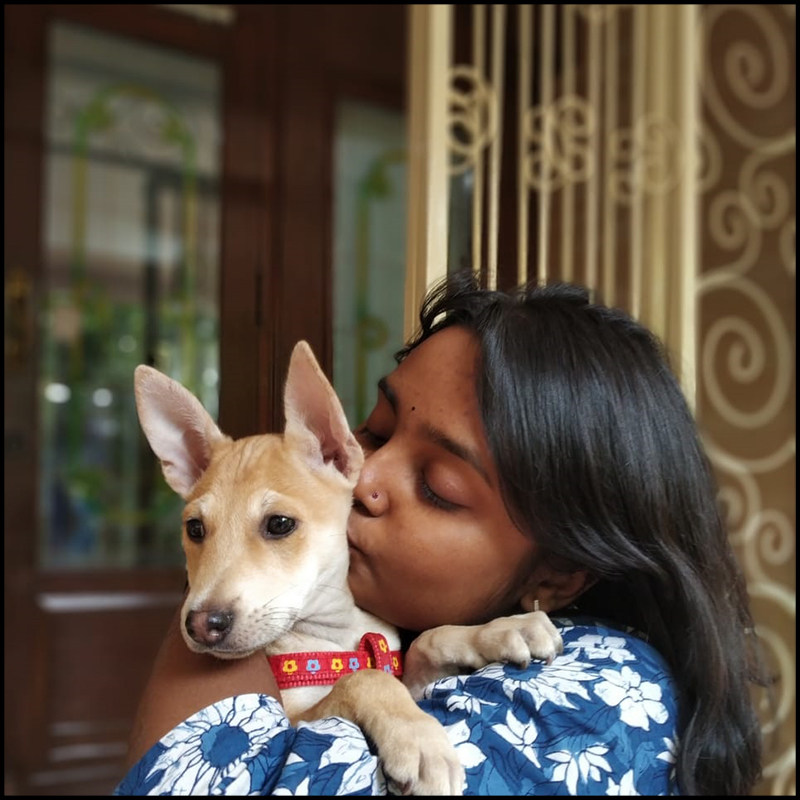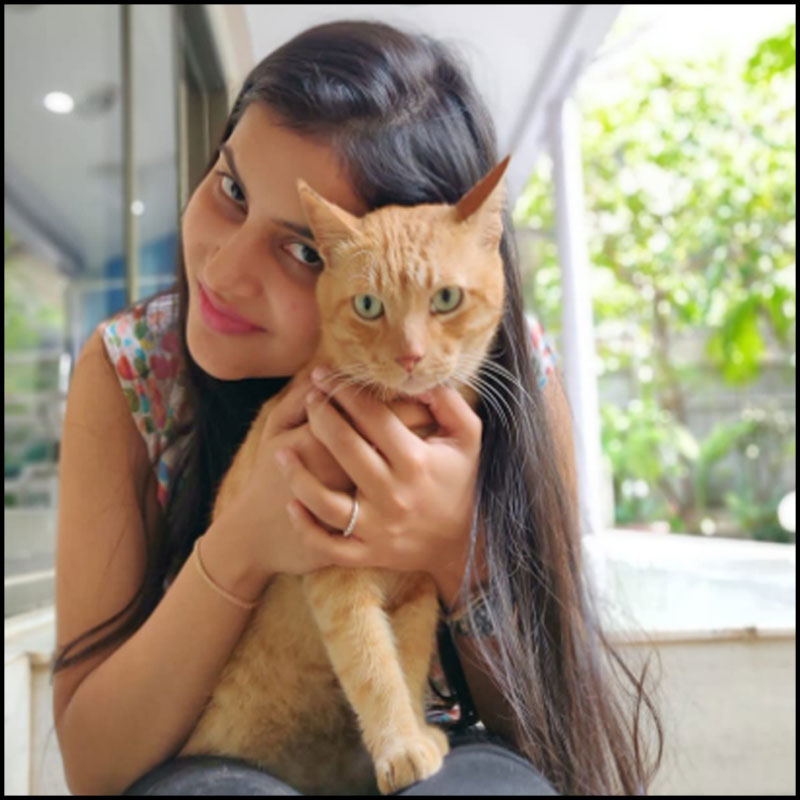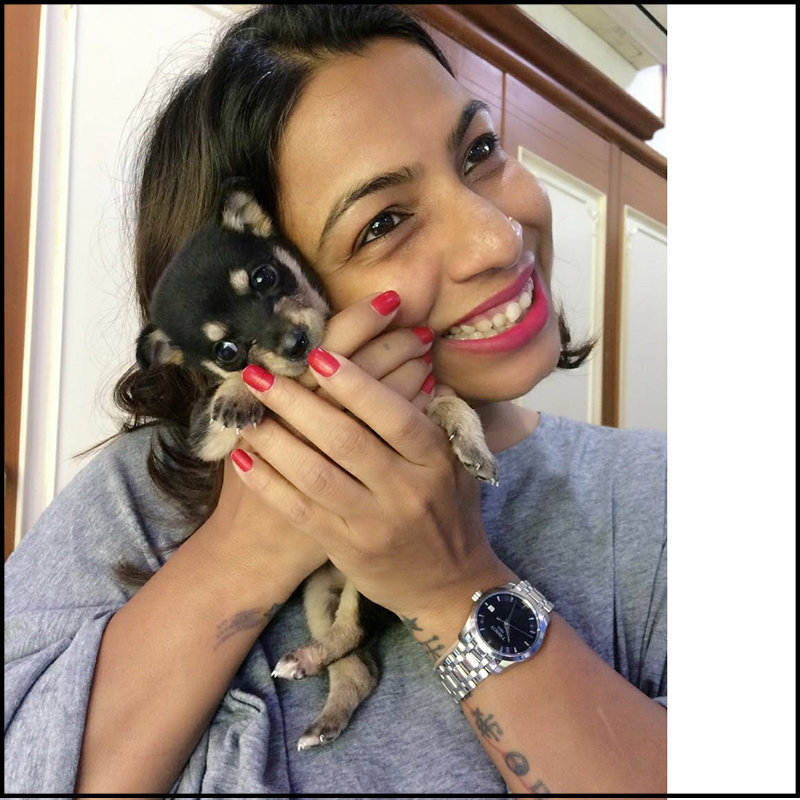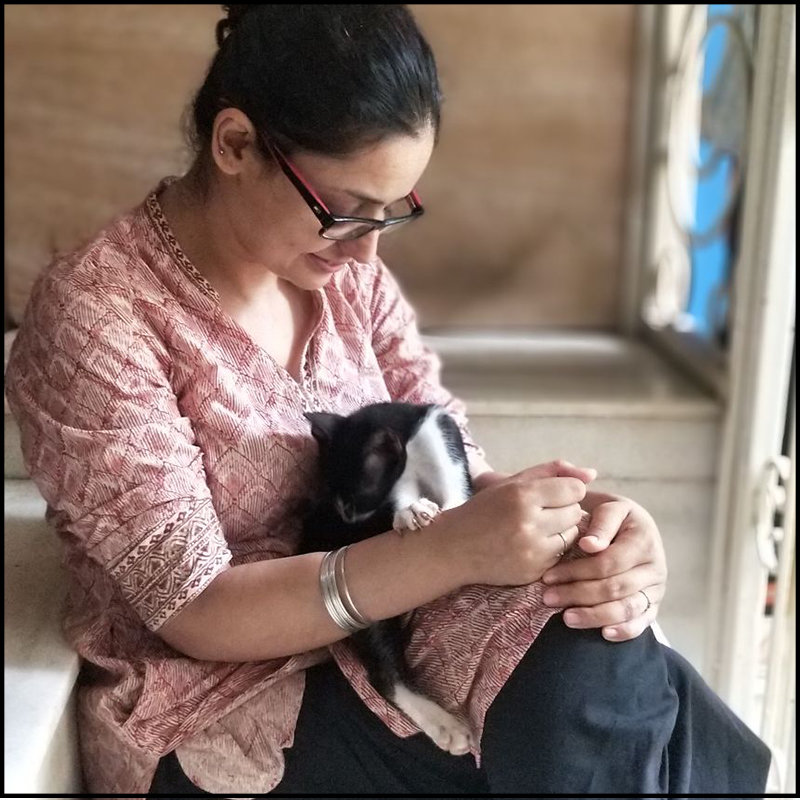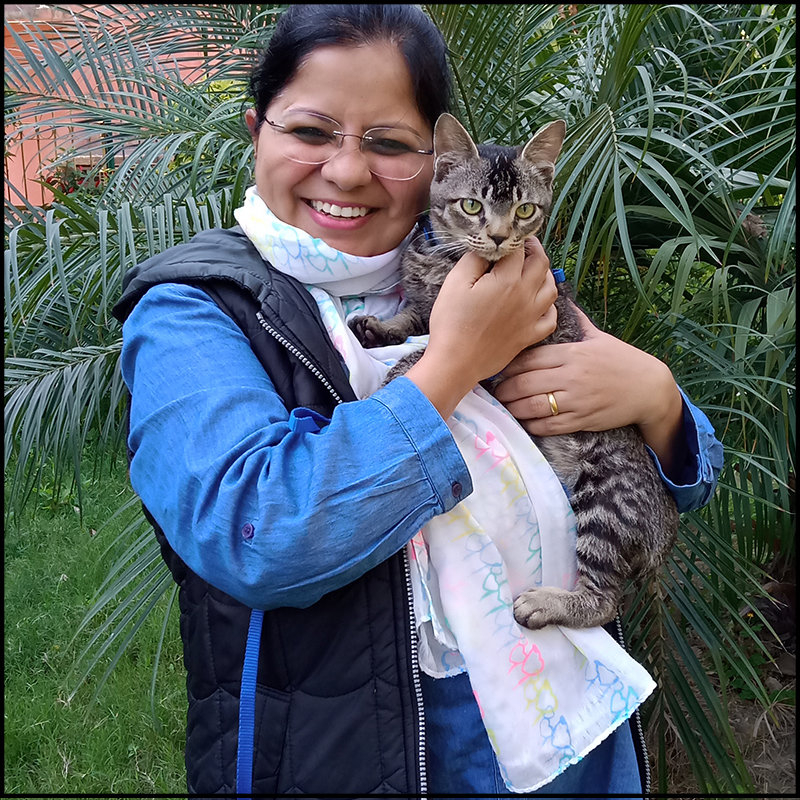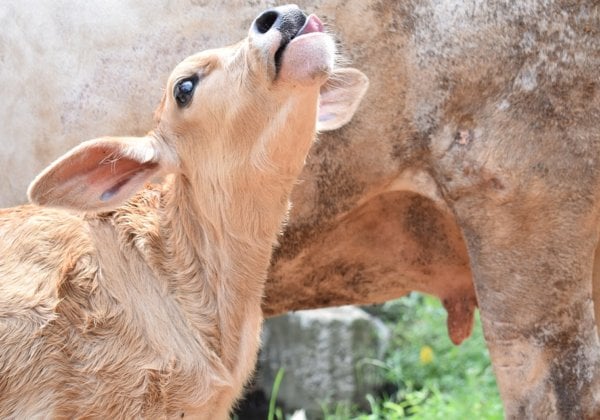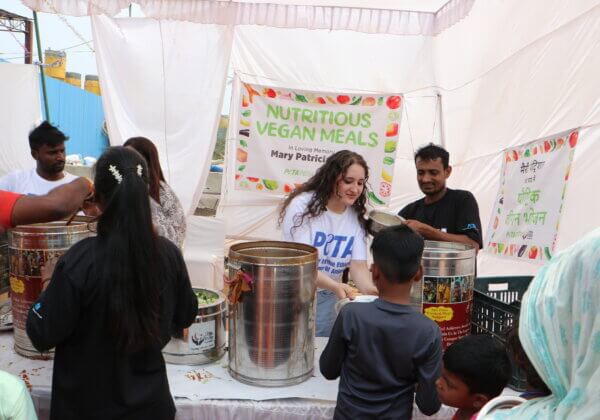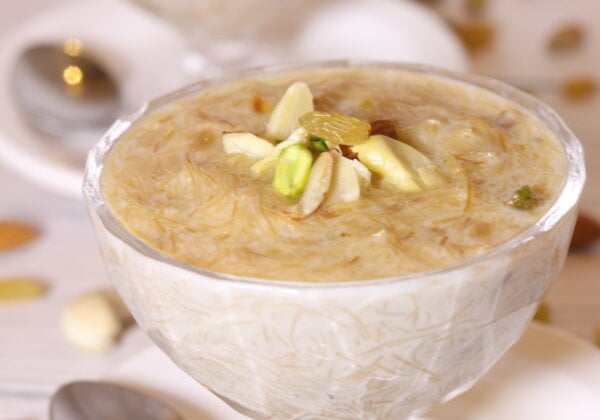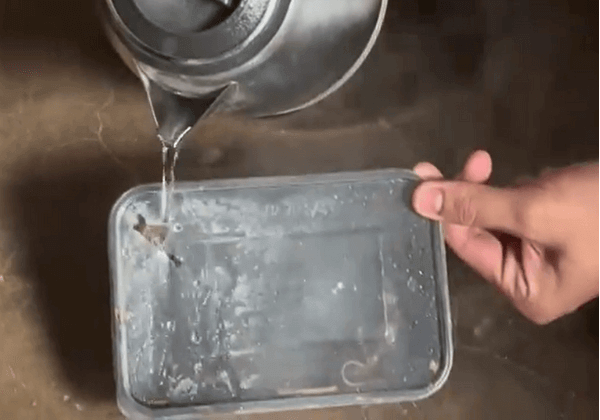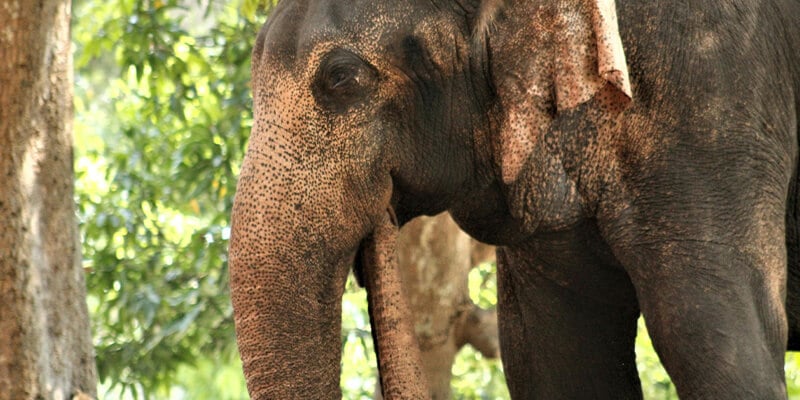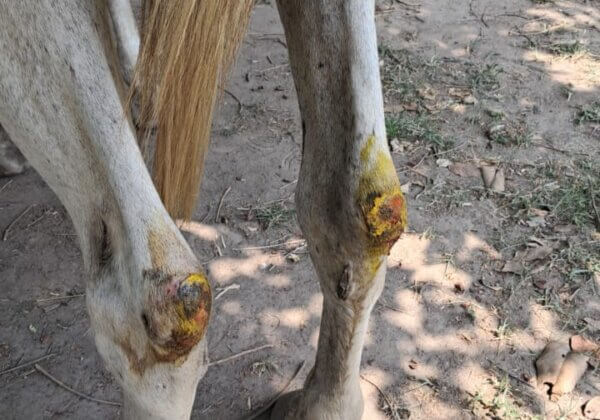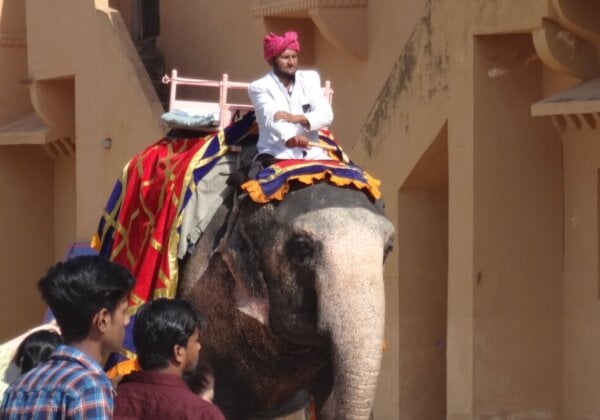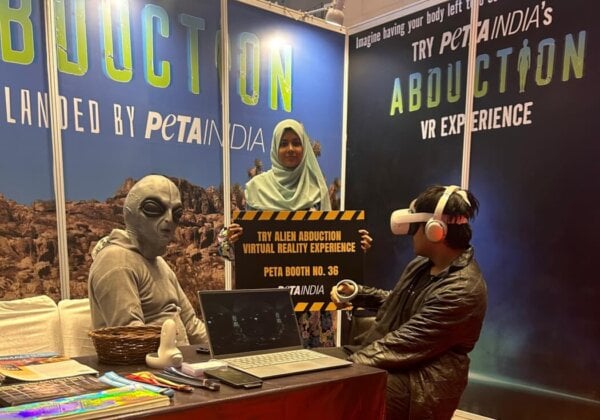PETA India’s Female Staff Share What Turned Them Vegan
Care about women’s rights? We do, too – and we care about the rights of all females. Did you know that you can use the power of your fork to help our sisters in the animal kingdom? The bodies of female cows, buffaloes, chickens, and other animals are exploited for milk and eggs – products of their reproductive systems – just because of their sex. Eating vegan means refusing to contribute to their abuse. It also means personally sparing thousands of animals death during your lifetime.
There are, of course, so many other great reasons to eat vegan, such as protecting our own health and helping the planet. For International Women’s Day, we asked some of our female staff what led them to make the switch.
Neha Chaturvedi
“I’ve always considered myself a feminist, but I just didn’t know what female cows and buffaloes go through in the dairy industry. I also thought drinking milk was somehow “natural” – that is, until I realised humans are the only species on this planet who drink the milk of other species. That’s when it clicked – it’s no more natural to drink cows’ milk than it is to drink dogs’ milk. Being from a traditional North Indian family, though, milk and other dairy foods were a regular part of my diet. But after realising that cows and buffaloes are crudely artificially inseminated – raped, actually – and kept almost constantly pregnant so that humans can steal the milk nature intended for their calves, I understand that being a true feminist means looking out for the interests of all females, including those with four legs.”
Dr Dipti Kapoor
“I thought I was living a cruelty-free lifestyle by being vegetarian and not using leather. But after being introduced to PETA India, the veil over the cruel and painful life of cows and buffaloes on dairy farms was taken off for me. Since then, having dairy was not something I could deal with – and the rest is history.”
Erika Goyal
“I never ate animals, but I did used to be fond of eggs. I used to think, “Since chickens aren’t killed for eggs, how bad can it be?” I was so wrong. These days, chickens reared for meat and those for eggs are different – the former have been bred to be fleshier, the latter to produce more eggs. That means the egg industry considers male chicks “waste” and kills them by drowning, burning, or crushing them – and in other gruesome ways. Females don’t have it any better – they’re crammed into cages so small that they can’t even stretch out a wing. After learning this, I had no choice but to ditch eggs – and good thing I did. Now, I know eating eggs increases the risk of developing heart disease, certain types of cancer, and diabetes. Trying out new vegan recipes has become my passion, and I’m enjoying every minute of this compassionate way of living.”
Shreoshi Mukherjee
“On a visit to the local market, I saw a chicken being slaughtered in broad daylight. The cries of the poor bird shook me to the core. I was barely 5 years old, but I realised that’s where meat comes from. Today, I’m vegan, and it makes my heart sing to know my actions don’t support horrendous cruelty. Now, I aim to ensure that compassion is part of everything I do, with respect to animals and everyone I meet.”
Juhi Bhatt
“Switching from vegetarian to vegan wasn’t difficult, but I did wonder what to do about chai. Then I realised that I can still have my beloved chai but with delicious soya, almond, or oat milk instead of cows’ milk. Cows are continuously raped, their new-borns are separated from them so that humans can steal their milk, and male calves are butchered because they can’t be used as milk machines – all just to satisfy humans’ addiction to milk and ice cream. I just can’t support that. Oh, and vegans can still have ice cream – just not made with animal milk. Try the vegan variety by White Cub.”
Monica Bilung
“As a kid, I came across a pup who had been abused and killed. This incident changed many things for me, and from that day, I decided to work to help animals. But even though I would go to great lengths to help community dogs and cats, I still ate meat. That’s until I saw a video showing how pigs, goats, and other animals are stabbed and their throats are slit while they’re still conscious. That’s when I realised that if I wouldn’t eat a dog, I shouldn’t eat a pig, either. I’ve been vegan for years now, and taking a stand against cruelty feels great. Going vegan was the best decision I ever made for both animals and my own health.”
Radhika Suryavanshi
“I first turned vegetarian after I started volunteering for rescues with a local animal-welfare organisation. Fellow animal lovers introduced me to vegan eating. I started doing my own research, too, and found that not only does eating vegan help animals, it’s also good for the planet. In fact, researchers at the University of Oxford found that eating vegan reduces a person’s carbon footprint by up to 73 per cent. I turned vegan in 2017. It’s been two years now, and the only regret I have is that I didn’t do it sooner.”
Zarna Thakkar
“I’ve been engaged in animal-welfare activities since a very young age. While working for a project for my graduation, I came across a video by PETA India that showed the truth behind the dairy industry. It aroused my curiosity, and I started reading more and more about following a vegan lifestyle. After watching a number of documentaries and reading multiple blog posts, I also became aware of the health benefits of plant-based eating. Since cows’ milk is for baby cows, when consumed by humans, it contributes to the risk of developing heart disease, type 2 diabetes, and breast, ovarian, and prostate cancer. I also realised that it’s unnecessary to use animals for experiments, fashion, and entertainment. Recognising that animals are not ours to abuse, I decided to go vegan.”
Jalaj Kalra
“At the age of 28, my life reached a turning point. I was introduced to vegan living by one of my friends. After that, I started to use vegan options whenever possible. For example, I use soya milk instead of cows’ milk and faux leather instead of animal leather, and I buy only products that haven’t been tested on animals. For me, being vegan is guilt-free, cruelty-free, and stress-free.”
Puja Mahajan
“I used to love curd and couldn’t imagine a meal without it, but to my horror, I realised through a PETA India video that by having it, I was supporting the beef industry. I’d never thought about the way the beef industry obtains cows and buffaloes to kill. Most of them come from the dairy industry after their milk production wanes. We call cows “mothers”, but who would allow their mother to be sold for beef? What kind of person would stand by while their mother was illegally injected with oxytocin, as so many cows are, to force them to produce more milk – a process that causes them pain similar to that of being in labour? I couldn’t be that person. So I switched to vegan curd.”
Anita Gulati
“I’ve had compassion for animals since my childhood. I was vegetarian from the beginning of my life, but I didn’t even know what it meant to be vegan until I applied to PETA India. I’m really thankful to PETA India for opening my eyes so that no animal has to suffer because of my actions.”
********
Feeling inspired? Take the vegan pledge today!


